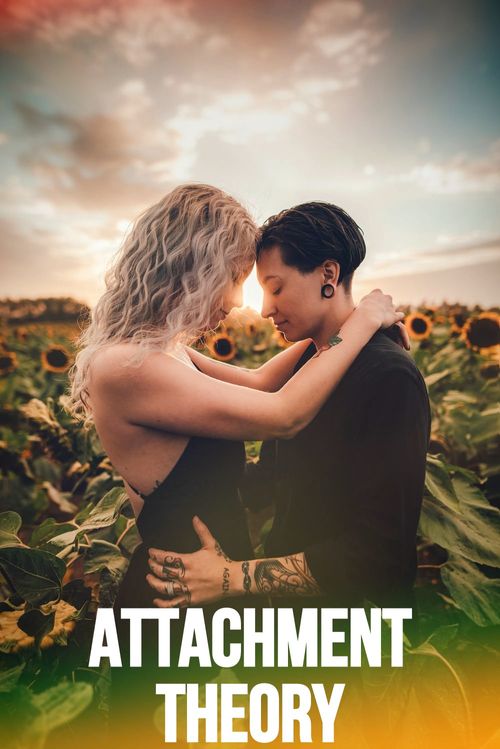Attachment types affect our relationships. Do you know yours?
Dec 01, 2020 · 2 mins read
0
Share

Every human being has an attachment type. Attachment is the bond we form with our first primary caregiver, and it ends up influencing how we manage all relationships in life.
Save
Share
There are four main types of attachment that we form early on and generally maintain into adulthood. 1) Secure 2) Dismissive-avoidant 3) Anxious-preoccupied 4) Fearful-avoidant.
Save
Share
A secure attachment type usually means you feel secure in your relationship, which is filled with trust, communication, and support. This typically forms when growing up with a parent who offers a firm but comforting presence, yet still allows you to be independent.
Save
Share
People with a dismissive-avoidant attachment style take independence to the next level: they never fully trust others, don’t let people get too close, and will retreat if wounded. This is associated with having absent or negligent parents and/or a history of rejection.
Save
Share
The anxious-preoccupied type can seem like a hopeless romantic. They’ll search for “The One” and will fall in love quickly, even when there are red flags. Why? Because they crave intimacy, approval, and reassurance. When they don’t get it, they become anxious and clingy.
Save
Share
Someone with a fearful-avoidant attachment type can seem like a walking contradiction. They want closeness… but push people away when they get close. They want validation… but don’t fully trust what others say. This often stems from loss or trauma early on in life.
Save
Share
So how does this affect us in everyday situations? Let’s say you’ve been seeing someone new and, one day, they suggest officially being a couple. Whether the idea of commitment feels comfortable or too much too soon, your reaction will depend on your attachment type.
Save
Share
In a secure attachment type, relationships tend to be more committed, last longer, and enjoy better intimacy (both in romantic and platonic terms). This also has obvious benefits for your self-esteem and the all-round stability of your life.
Save
Share
People with an anxious attachment style are likely to experience more jealousy – and may deliberately make their partner jealous. Insecure attachments often mean less sexual intimacy and satisfaction (regardless of gender or orientation).
Save
Share
The key to overcoming an insecure attachment style is partnering with a secure type. Practice being emotionally open with them. With the aid of therapy, you can work on better emotional regulation and interpersonal communication. It will take time, but you’ll be greatly rewarded.
Save
Share
0